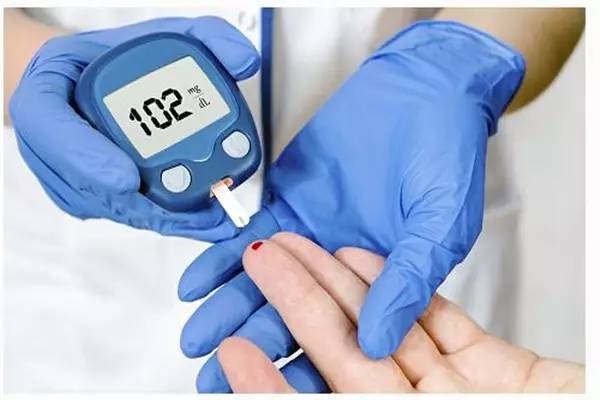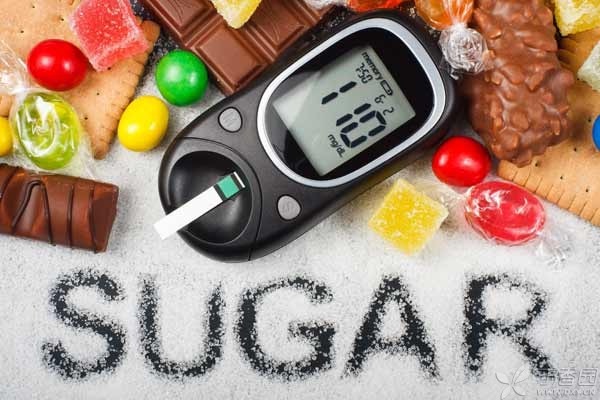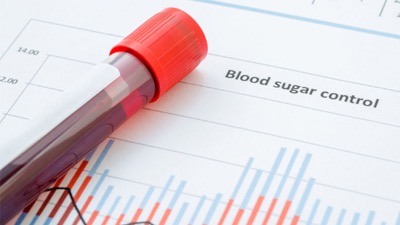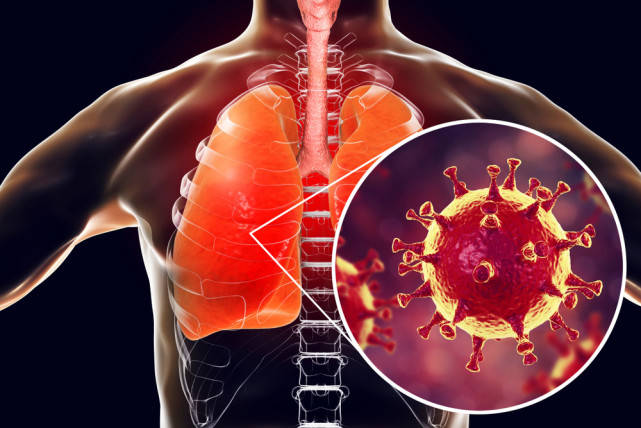The impact of high blood sugar on human health cannot be ignored, and it can lead to serious diseases such as diabetes and atherosclerosis. While vascular problems may not be apparent at the beginning of blood sugar abnormalities, vascular health may also be at risk when blood sugar problems become progressively worse. Therefore, it is very important to check your blood sugar level regularly, as early detection of problems can help in timely treatment.

There are several parts of the body that we can look at to predict if our blood sugar is abnormal. Here are some common symptoms associated with high blood sugar:
1. Skin: Reduced immunity and resistance is a common problem for people with diabetes, which makes the skin susceptible to infections. The skin of diabetics becomes sensitive and often itches and gets infected. Their skin is more vulnerable to the external environment and once they accidentally scratch their skin, it can easily lead to other infection problems.
2. Facial colour: Some studies show that 90% of people with diabetes have a reddish facial colour. However, instead of a normal red colour, their face often takes on a deep red colour, somewhat similar to that of an intoxicated person. This abnormal colouration may be related to damaged blood vessels, poor circulation, and an inflammatory response caused by high blood sugar.
3. Eyes: People with diabetes often experience dramatic vision loss and are prone to eye disease. Unlike the gradual development of eye disease in normal people, these changes often occur suddenly. High blood sugar can damage blood vessels and nerves in the eyes, leading to vision problems and eye diseases. Therefore, people with diabetes should have regular eye exams for early detection and treatment of potential eye problems.

4. Tongue: The tongue also plays an important role in reflecting physical health. People with diabetes often experience pain in the tongue and the tongue coating may be broken. Sometimes there are even lumpy defects that make the patient feel uncomfortable when eating salty and sweet foods. These changes may be related to damage to the oral mucosa due to unstable blood sugar, but they may also be a sign of malnutrition or other oral problems.
The onset of these symptoms may be related to metabolic abnormalities, circulation problems, and nerve damage caused by high blood sugar. When blood sugar is elevated for a long period, the damage it causes to blood vessels, nerves, and other parts of the body gradually becomes apparent.
However, it is important to realize that these symptoms are not specific to high blood sugar and may be related to other diseases or health problems. Therefore, if any of these symptoms appear, you should not make a judgment based on observation alone but are advised to consult your doctor for further diagnosis and examination promptly.

In addition to observing physical symptoms, regular checking of blood glucose levels is important for early detection of blood glucose abnormalities. For patients who have been diagnosed with diabetes, active management of blood glucose is the key to controlling the progression of the disease and preventing complications. A balanced diet, moderate exercise, weight control and use of medications as recommended by your doctor are all important aspects of blood glucose management.
In conclusion, high blood glucose has a significant impact on human health. High blood glucose may affect several parts of the body, including the skin, face, eyes and tongue. In particular, it poses a potential risk to the blood vessels and nervous system. By observing changes in the skin, face, eyes and tongue, we can predict blood sugar abnormalities in advance. However, these symptoms are not specific to high blood glucose, so it is recommended to consult your doctor for further diagnosis and examination when relevant symptoms occur. Regular checking of blood glucose levels and active management of blood glucose is essential for people with diabetes to maintain good health and reduce the risk of complications.





